School of Tourism had an impressive presence at last week’s BCUR (British Conference of Undergraduate Research) gathering held at University of Nottingham www.bcur.org. Now in its fourth year, the 2014 conference was the biggest yet with 350 undergraduate students coming from university’s all over the UK and beyond. The students were joined by other undergraduates from a wide cross section of disciplines including: London School of Economics, University(s) of Cambridge, Aberdeen, Leeds, Exeter and Reading, Roehampton & Newcastle, Trinity Dublin and Tennessee. Topics ranged from genetic engineering; Preparing youth for the UK labour market; to advances in water purification, archaeology and recent controversies in the meat industry affect buying behaviour. Katie Azulay, is studying a BSc (Hons) Sports Development and Coaching Sciences and said “BCUR is an experience I will never forget. Seeing other students research from all around the world was extremely interesting, as well as presenting my own research to them – a proud moment representing BU”. Katie presented her research on ‘Investigating the impact of motivational interviewing on exercise adherence among Exercise Referral Scheme patients with a BMI <35’.
BU’s wider presence at BCUR ties nicely into raising the profile of undergraduate research in future from a successful Fusion Bid led by Luciana Esteves to host SURE@BU (Showcasing Undergraduate Research Excellence) in March 2015. The SURE@BU gathering is meant to give students the opportunity to gain key experience and skills, but also make their work visible to potential employers or placement hosts. There will be awards and prizes for the best posters and oral presentations. It is hoped that the successful hosting of SURE@BU places BU in a position to also host the national BCUR gathering in 2017.
The School of Tourism final year undergraduate students saw the true benefit of participating at BCUR in Nottingham last week. Adam Doherty, who studying BSc (Hons) Sport Psychology and Coaching Science said “I thoroughly enjoyed it and was amazed at the wide variety of research that was being conducted at this level (Undergraduate). I learnt a vast amount about subjects in which I had little or no prior knowledge of and I was glad to be able to showcase my work to others who were equally interested”.
Adam’s research is entitled “Is there a science behind saving penalties? A study looking into the psychological approach in a goalkeepers positioning and movement from 12 yards”.
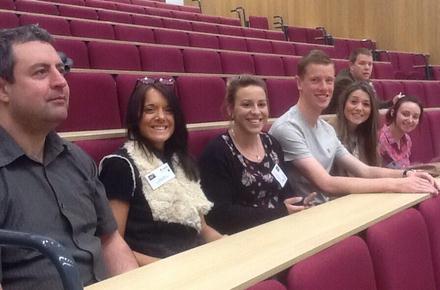
ST Staff and Students at BCUR
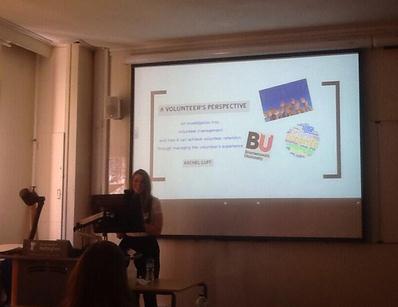
ST student presents at BCUR
Other ST students also took part earlier in the year in BCUR’s led up event called Posters in Parliament, held in the Jubilee Room at Houses of Parliament. Amber Madkour studying BSc (Hons) Sports Development and Coaching Sciences presented her research on ‘Exploring Feminity in fitness: Crossfit as a site for empowering embodiment for Women’ and Rachel Luff presented hers on ‘An Investigation into volunteer management techniques used to achieve expected volunteer experience at Great Ormond Street Hospital Children’s Charity’. A number of MP’s were also on hand during the day to meet and chat with students on their research. This included among others David Blunkett, Angela Smith, Simon Hart, and Mark Williams. There was a judging panel made up of Ben Wallace MP; Sean Coughlan, Education Correspondent at the BBC; Professor Julio Rivera, President of the US Council of Undergraduate Research; and Katherine Harrington of the Higher Education Academy.
Amber had the following comments about profiling her research in Parliament “Partaking in this event allowed me to share what I have learnt by discussing the focus of my dissertation with other students and academics. Being able to present my research in Parliament is a day I will remember looking back at my University career, and I am very proud to have such an opportunity”. Rachel Luff, who also took part said “The feedback I gained was very positive, people saying how interesting and relevant my topic is, this reaffirmed my interest in the research and took away from the ‘dread’ of the dissertation journey. The benefits from this opportunity has outnumbered the extra work I initially put in”.

Amber Madkour presents in Parliament
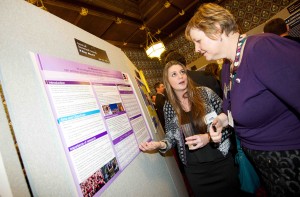
Rachel Luff presents in Parliament
Students and academics involved in BCUR activity are encouraged to seek platforms to share their research, including Reinvention – International Journal of Undergraduate Research. Reinvention is an online, peer-reviewed journal, dedicated to the publication of high-quality undergraduate student research, and only houses papers written by undergraduate students or papers written collaboratively by undergraduate students and academics.
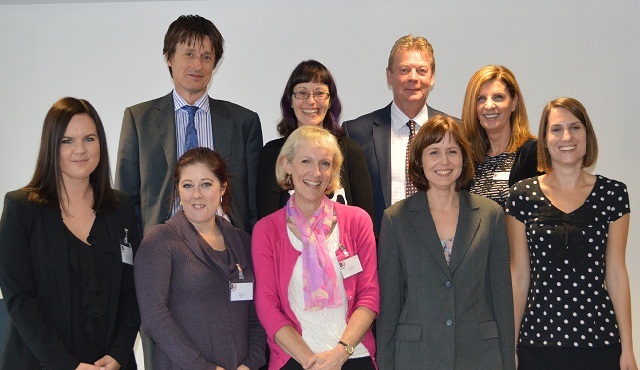



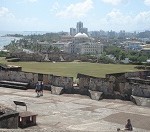
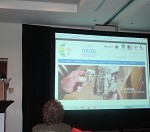
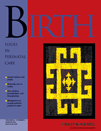
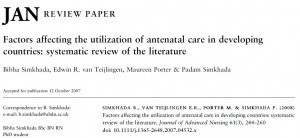
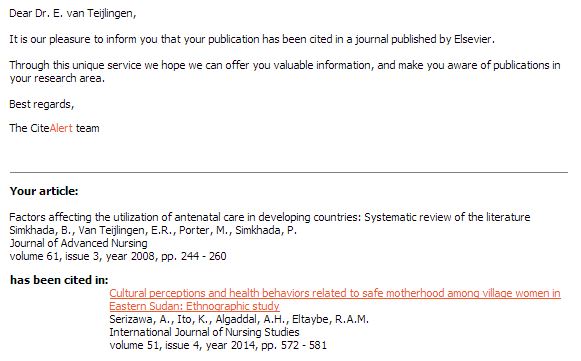





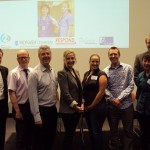
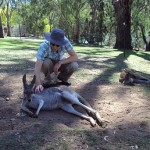


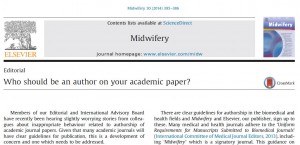

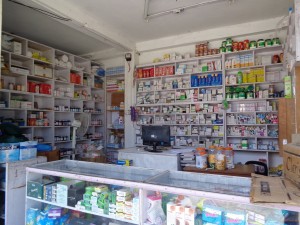




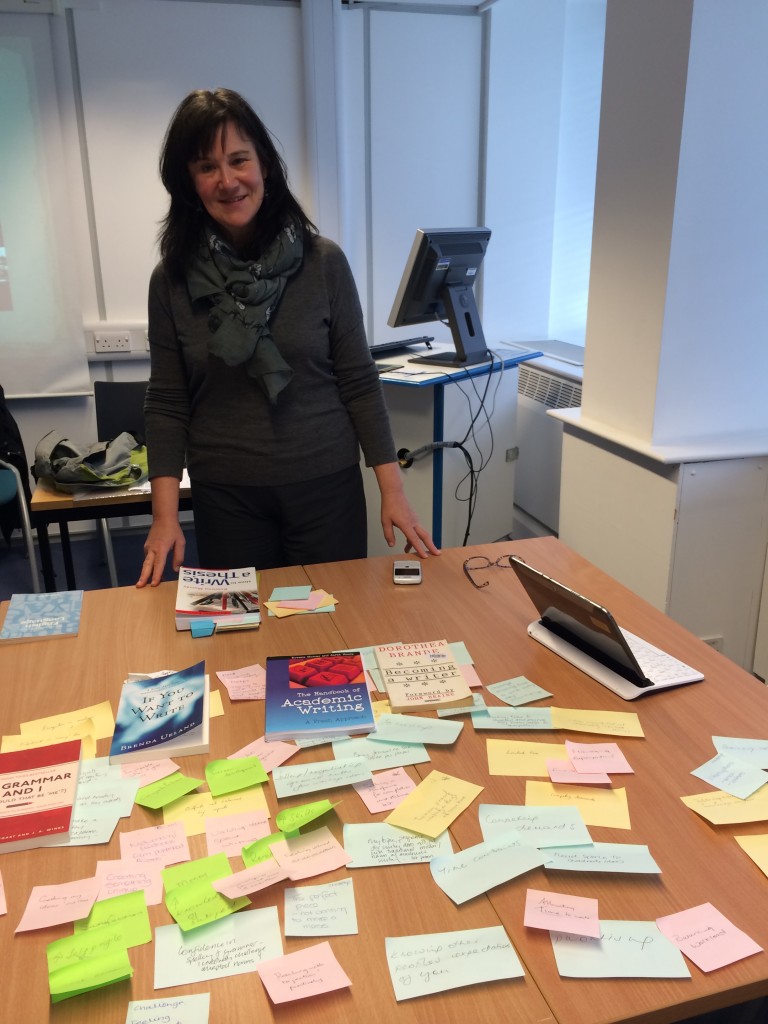











 REF Code of Practice consultation is open!
REF Code of Practice consultation is open! BU Leads AI-Driven Work Package in EU Horizon SUSHEAS Project
BU Leads AI-Driven Work Package in EU Horizon SUSHEAS Project Evidence Synthesis Centre open at Kathmandu University
Evidence Synthesis Centre open at Kathmandu University Expand Your Impact: Collaboration and Networking Workshops for Researchers
Expand Your Impact: Collaboration and Networking Workshops for Researchers ECR Funding Open Call: Research Culture & Community Grant – Apply now
ECR Funding Open Call: Research Culture & Community Grant – Apply now ECR Funding Open Call: Research Culture & Community Grant – Application Deadline Friday 12 December
ECR Funding Open Call: Research Culture & Community Grant – Application Deadline Friday 12 December MSCA Postdoctoral Fellowships 2025 Call
MSCA Postdoctoral Fellowships 2025 Call ERC Advanced Grant 2025 Webinar
ERC Advanced Grant 2025 Webinar Update on UKRO services
Update on UKRO services European research project exploring use of ‘virtual twins’ to better manage metabolic associated fatty liver disease
European research project exploring use of ‘virtual twins’ to better manage metabolic associated fatty liver disease